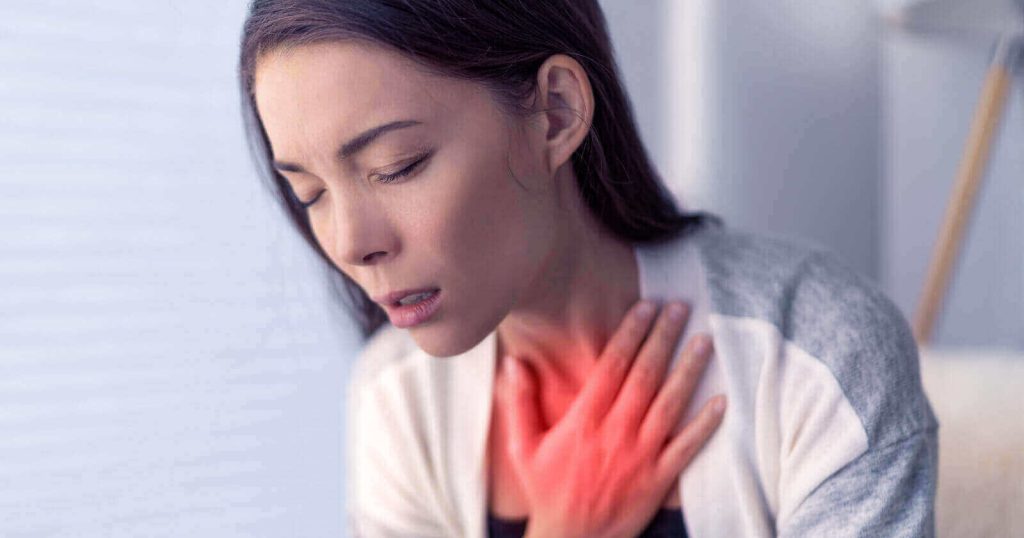
Wheezing is a high-pitched whistling sound made while breathing. It is often associated with respiratory conditions that cause narrowing or obstruction of the airways, such as asthma, chronic obstructive pulmonary disease (COPD), or infections.
Wheezing is a symptom characterized by a high-pitched, whistling sound during breathing, typically heard when exhaling but sometimes also when inhaling. It occurs when air flows through narrowed or obstructed airways. Common causes of wheezing include asthma, COPD, bronchitis, allergies, and respiratory infections. In some cases, it can be a sign of a more serious condition like a foreign object in the airway or heart failure.
Treatment for wheezing depends on the underlying cause and may include:
While nebulizers are commonly used for wheezing, other alternatives include:
© 2021-2025 Wyandotte Urgent Care Clinic. All Rights Reserved. Made With Love by Ignite Marketing Agency.